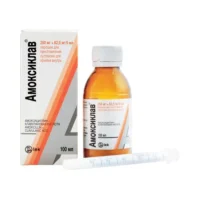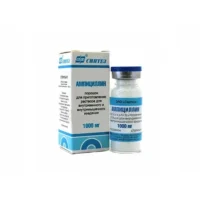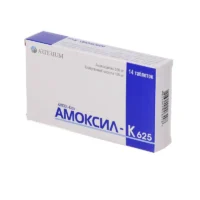Description
Macropen Granules for Suspension 175 mg/5 ml. 115 ml
Ingredients
- Each 5 ml of Macropen suspension contains 175 mg of Midecamycin.
Dosage
- The recommended dosage for adults and children over 12 years old is 10 ml (350 mg) twice daily.
Indications
- Macropen Granules for Suspension is used to treat respiratory tract infections, skin and soft tissue infections, and urinary tract infections.
Contraindications
- Avoid using Macropen Granules if allergic to Midecamycin or other macrolide antibiotics.
Directions
- Before each use, shake the bottle well. Use the provided measuring cup to take the dose. Take with or without food as directed.
Scientific Evidence
- Research shows Midecamycin effectively targets various bacteria, such as Streptococcus pneumoniae and Haemophilus influenzae. Clinical trials confirm its efficacy in respiratory infections with a good safety profile.
Additional Information
- Complete the full treatment course as prescribed, even if symptoms improve. Incomplete treatment may lead to antibiotic resistance.
- Inform your doctor about all medications, especially antibiotics or antacids, to prevent interactions affecting effectiveness or increasing side effects.





